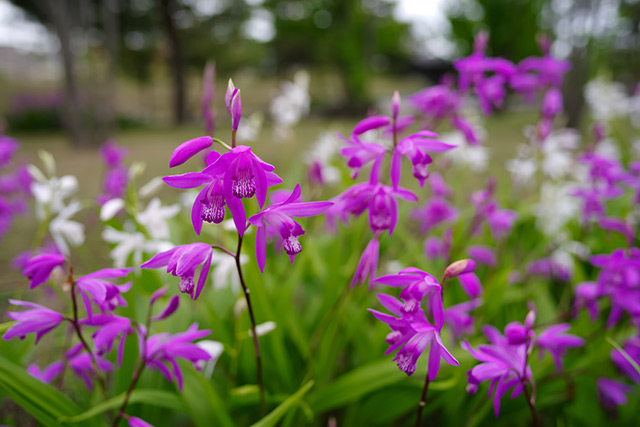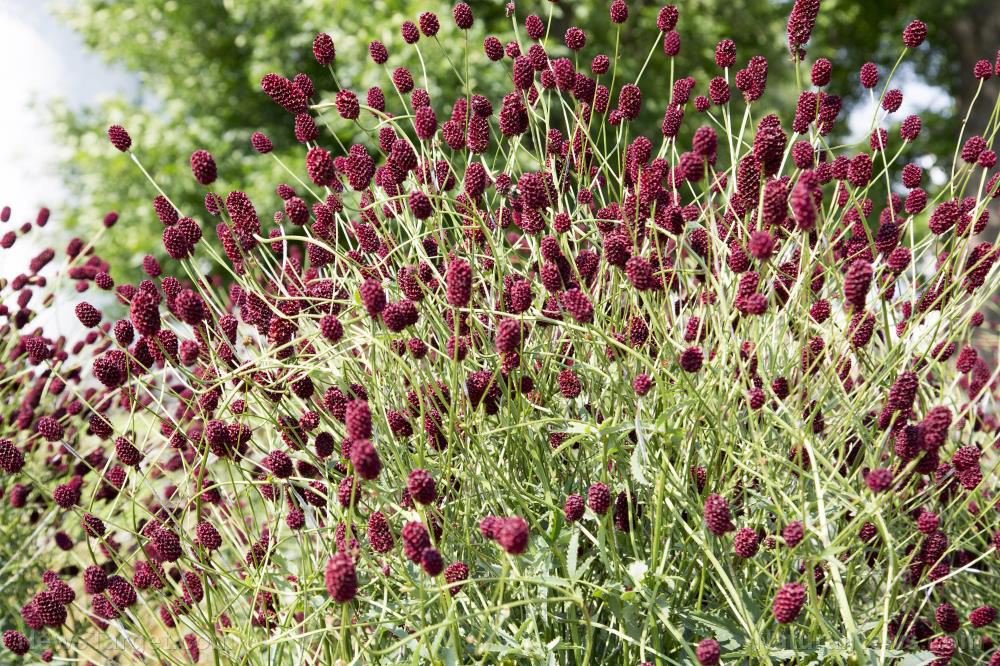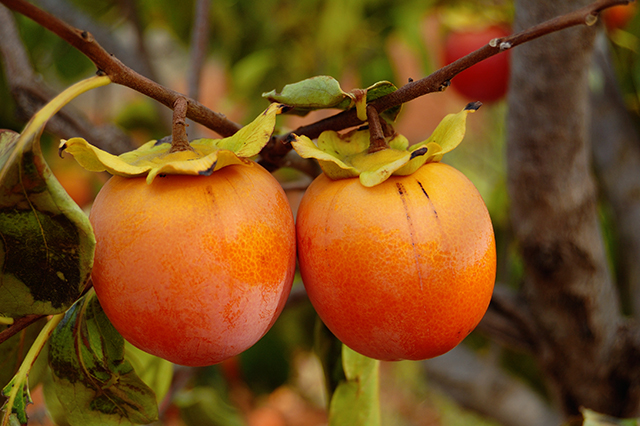Could the cure for cancer be found in orchids?
01/25/2019 / By Ralph Flores

Research published in Phytomedicine identified an orchid found in Southeast Asia to contain multiple therapeutic properties. In the study, scientists from the University of Vienna reported that Eulophia macrobulbon — a type of orchid native to Thailand, Laos, and Cambodia — has antioxidant properties and can protect the body against inflammation. The study also identified the plant to be toxic to certain cancer cells, making it a viable herbal remedy in cancer treatment.
In the study, the team looked at how E. macrobulbon performed against multiple cancer cell lines. The results were promising: It exhibited “notable cytotoxic effects” against cell models for cervical and colorectal cancers, as well as the human breast cancer cell line MCF-7. The study likewise discovered that E. macrobulbon has anti-inflammatory properties, as it was able to reduce the production of pro-inflammatory proteins like interleukin-6 and tumor necrosis factor alpha while increasing anti-inflammatory markers, based on inflammation-induced cell models. A study of its active components also revealed the presence of phytochemicals with notable antioxidant properties.
“Based on this data, EME provides various beneficial anti-inflammatory, antioxidant and cytotoxic attributes and may be used as [an] herbal remedy in the pharmaceutical or food industries,” the researchers concluded in their report. (Related: Orchid tree seeds found to have antioxidant properties that protect against liver damage.)
Other health benefits of orchids
Orchids are often overlooked as a medicinal plant since a lot of people value them primarily for their aesthetic value. However, like other traditional medicinal herbs, orchids can be used to treat multiple conditions ranging from common fever to severe body pain. Here are just some of the benefits that you can get from these common backyard plant.
The power of the elements: Discover Colloidal Silver Mouthwash with quality, natural ingredients like Sangre de Drago sap, black walnut hulls, menthol crystals and more. Zero artificial sweeteners, colors or alcohol. Learn more at the Health Ranger Store and help support this news site.
- Helps with ulcers. Orchid leaves are useful in relieving indigestion and ulcers. Take some orchid leaves and grind them, then add ginger and brown sugar after. Put the mixture in a glass of water, and let it boil. Filter it, then drink it until your condition improves. It can also be used to kill any parasites in your stomach.
- Great for weight loss. Boil a cup of water with orchid roots until it simmers to at least half of its original volume. Drink the decoction regularly to aid in your weight loss goals.
- Treats urinary tract infection. Orchid flower buds aren’t just beautiful to look at — they’re also beneficial for people with urinary tract infection. Take 2 kg of orchid buds and put it in two glasses of water. Bring the mixture to a boil until the volume of the liquid is reduced by half. Drink the herbal decoction twice a day to treat infection, as well as piles and boils in the excretory organ.
- Stimulates cell activity. Orchid leaves are full of bioactive ingredients with notable health benefits. These include phytochemicals like quercetin, isoquercitrin, and gluoconooxide. The seeds, meanwhile, contain amino acids and alkaloids that are beneficial for cell activity. The plant also contains anthocyanin, rutin, and apigenin, which are beneficial for those with clotting problems.
- Relieves indigestion. A tea made from orchid leaves, Indian pennywort, and fenugreek seeds is effective at treating indigestion and diarrhea.
- Improves thyroid problems. Orchids contain thyroid-activating properties to improve hormone balance in the body. This can help with common symptoms of thyroids problems like irregular periods, sudden weight gain, hair loss, body pain, and anxiety.
Learn more about the other health benefits of orchids at Herbs.news.
Sources include:
Tagged Under: alternative medicine, anti-inflammatory, Eulophia macrobulbon, natural cures, natural medicine, orchids


















